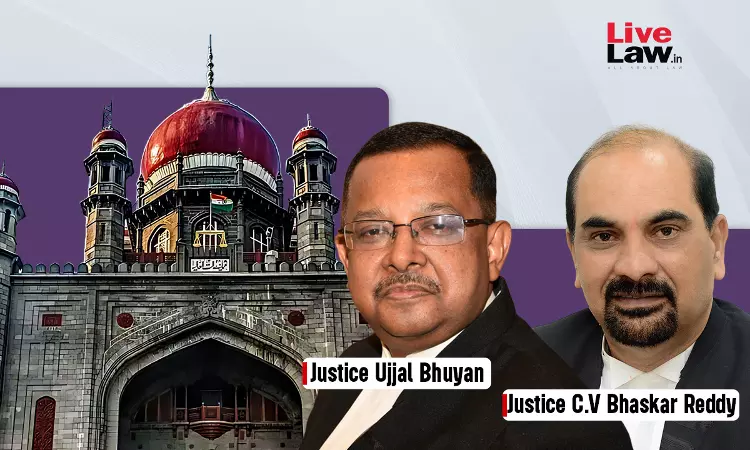The Telangana High Court has dismissed appeals against a single bench decision upholding the State's decision to treat Mangapet Mandal as scheduled area and to reserve all offices of the Gram Panchayats there in favour of the Scheduled Tribes.A division bench of Chief Justice Ujjal Bhuyan and Justice C.V. Bhaskar Reddy noted that Nizam Government had made the Regulations and also...

